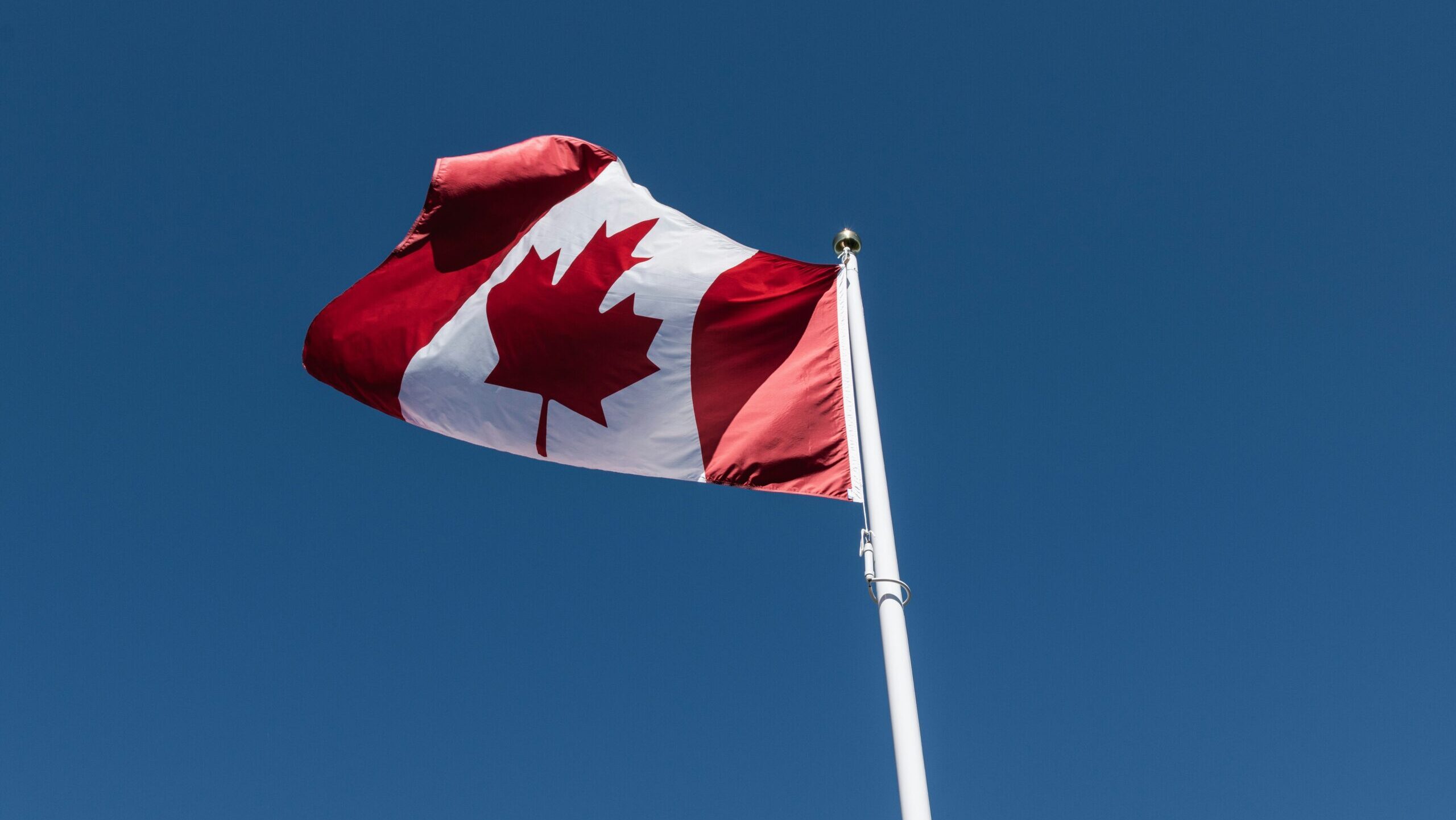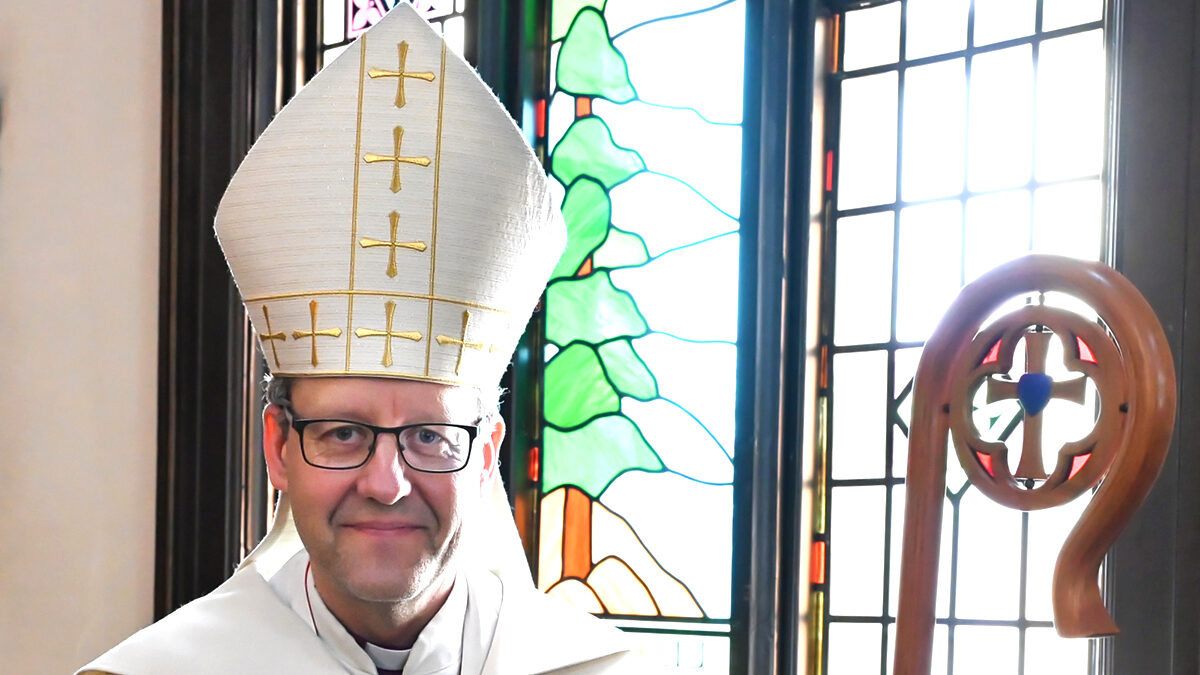An Estonian Police and Border Guards official who has been in Italy familiarizing with the Italian procedures in the refugee selection process has stated that co-operation with Italians is expected to be smooth. The background checks are conducted by the Italians and seem to be thorough with all individuals duly identified. The files that the Italians have compiled and are turning over to Estonians include identification documents, fingerprints, photos, and statements by individuals. These all will be sent to Estonian and on this basis Estonia will decide with whom to proceed.
Fear among some of the public is palpable, fear of terrorist attacks, fear caused by the rapes happening in other countries in which asylum seekers are suspected. To this the Police and Border Guard state that Estonia will choose families, that will be aided by the social ministry in integration. Estonian officials emphasize that implying that all refugees are capable of rape and terrorism is a gross exaggeration. Estonia will put extra effort in choosing the right refugees and ensure that all interviews will be truthful.
Up to now only a few dozen people a year have been granted asylum in Estonia. Estonia is in disagreement with the European plans to introduce a quota system to distribute migrants across its member states. The EU says that currently Italy, Greece and Malta have been largely abandoned by other countries to deal with the worst migration crisis in years.
Five Estonian members of the European Parliament, Marju Lauristin, Urmas Paet, Tunne Kelam, Indrek Tarand, Kaja Kallas, in a discussion on Vikerraadio stated that Estonia needs to show solidarity with the rest of Europe and this could mean accepting a small number of refugees.
Observers have concluded the controversy surrounding the acceptance of refugees demands calm evaluation of both sides of the argument, pro and contra acceptance. It's necessary to find acceptable solutions, to turn some of the perceived problems into opportunities such as overcoming labour shortages by choosing refugees with certain trade skills or choosing those willing to accept positions to which Estonians aren't attracted. Estonia must discard the emotions surrounding the debate and determine how many and what type of refugee to admit. In identifying the problems that are inevitable with accepting refugees, Estonia must pre-empt the problems to better cope with the arrivals.
It's said that the debate about refugees is not necessarily focussed on how much damage a few hundred refugees can do in Estonian society but rather what type of community we want to develop. Do we want one dedicated only to Estonians, a closed society. The 21th century's digital imperative and its consequent massive social shifts preclude this.
This coming weekend a Fotress Europe conference is to be held in Estonia. Invited are ultra-right-wing parties such as Lega Nord from Italy and the political movement PEGIDA. Ultra right wing parties from Estonia, Poland, The Czech Republic, Slovakia, Austria and Italy, and others form the PEGIDA federation. Most of these parties have friendly ties with Russia. In fact are known not to have opposed Russia's annexation of Crimea, Russia's offensive against Ukraine and they support the lifting of sanctions against Russia. Some of these parties have accepted funding from Moscow for their election campaigns.
Fortress Europe is adamantly against liberal immigration and the large influx of refugees into Europe. They blame the southern countries with weak border control. They want to discard the Schengen Agreemen (whereby travel beween a number of EU countries is totally open).
The organizer of the Fortress Europe conference is Estonia's EKRE party (Eesti Konservatiivne Rahva Erakond).
Estonia's EKRE has officially denied any co-operation with Putin's Russia and in fact state that Russia is a “criminal country”.
Laas Leivat




